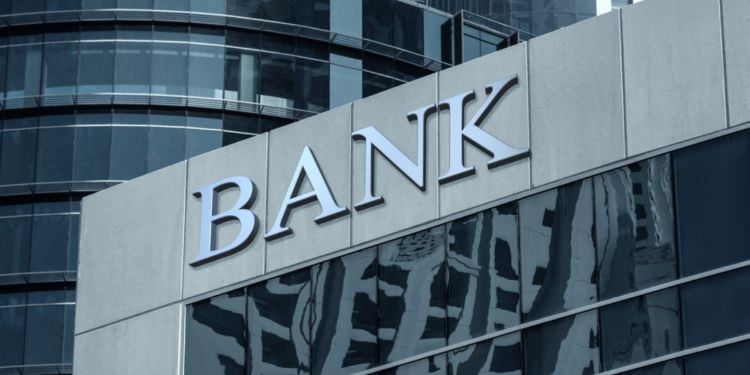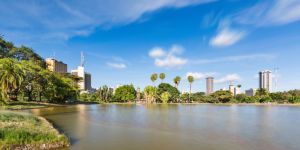
New expats in Kenya will wish to open a bank account, necessary for receiving wages from your employer and for making local purchases. The process to open a new account in Kenya is straightforward and easy to do, or many international banks also have branches in Kenya- check with your local bank before relocating to see if you can access their services in your new country.
Opening a bank account
Kenya, especially Nairobi, is the largest financial centre in East Africa. As a result, many banks can be found, including local and international companies. Expats are able to open bank accounts in Kenya, and will find it essential for receiving salaries and making local payments.
As there are so many banking options, it is helpful to research the major banks to find one that best meets your requirements. You may wish to consider options such as internet banking, the cost of international transfers, and any fees or requirements for minimum account balances. You may also research in advance if your local bank also has branches in Kenya, which can save you the trouble of opening a second account. Popular banks in Kenya include Equity Bank Kenya, Barclays Bank, Standard Chartered Bank Kenya, and the National Bank of Kenya.
Most major banks offer internet banking, and all banking transactions and banking websites are in English.
The process to open a new account is straightforward, however, expats must ensure they have all necessary documentation. This may vary slightly from bank to bank, but will generally include:
- Original copies of identification, including passport and Keyan residency card
- Proof of residency and address, such as rental agreement or utility bill
- Colour passport-sized photograph
- Minimum opening balance
- Recommendation letter from your employer, as a form of character reference
(To open a business banking account, additional documentation will be required.)
Good to know:
Banks are generally open from 9am-3pm. Some larger branches may also open on Saturdays.
ATMs and debit cards
When opening a new account, account-holders will also receive a debit card, useful for withdrawing cash and making purchases from their account. ATMs are easily found in large and medium-sized towns, but may not be present in smaller town or rural areas. However, ATMs are not always completely reliable, with outages sometimes occurring. Regarding credit cards, these can be harder to obtain, due to banking restrictions. Expats may be better off keeping their credit cards from their home country rather than trying to apply for a local card.
Debit cards are widely accepted by larger companies and medium-sized businesses, but cash is always welcomed,and may be the only method of payment accepted by smaller businesses or at a market. Therefore, it is always useful to have a small amount of cash for everyday purchases. Cheques, including traveller's cheques, are not a popular form of payment, and are not likely to be accepted by many businesses. The unit of currency in Kenya is the Kenyan Shilling, or KES. Currency exchanges can be easily found throughout the country, but your bank is likely to offer the best exchange rate.
Good to know:
When shopping in Kenya, prices are generally fixed, although bargaining is sometimes found at markets, when arranging a taxi, or occasionally when booking local accommodation.
Useful links:
We do our best to provide accurate and up to date information. However, if you have noticed any inaccuracies in this article, please let us know in the comments section below.












Comments
1